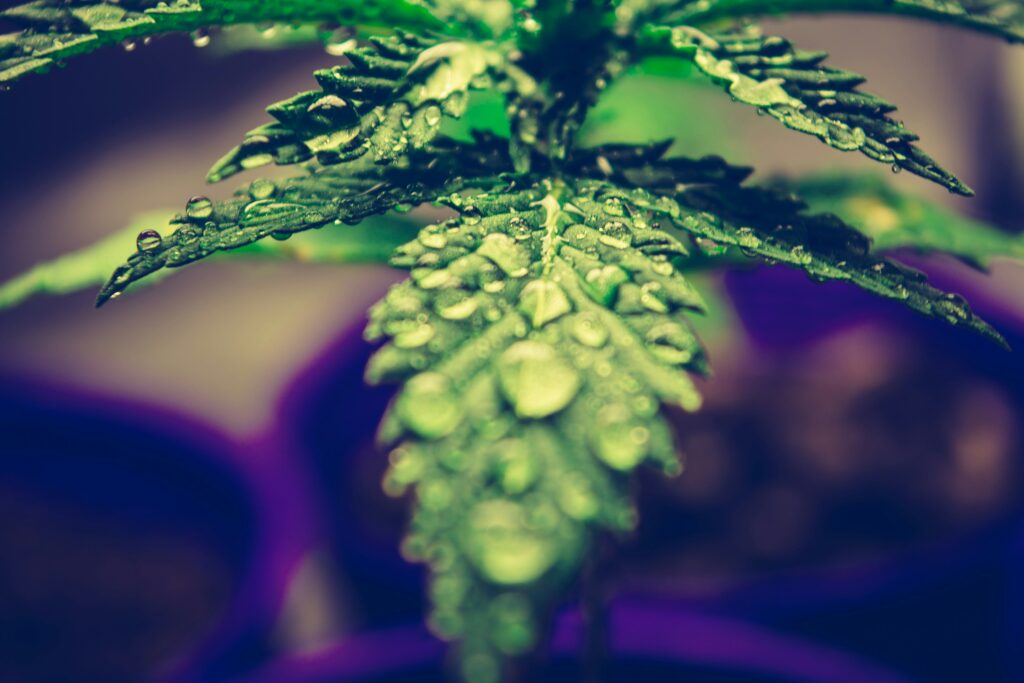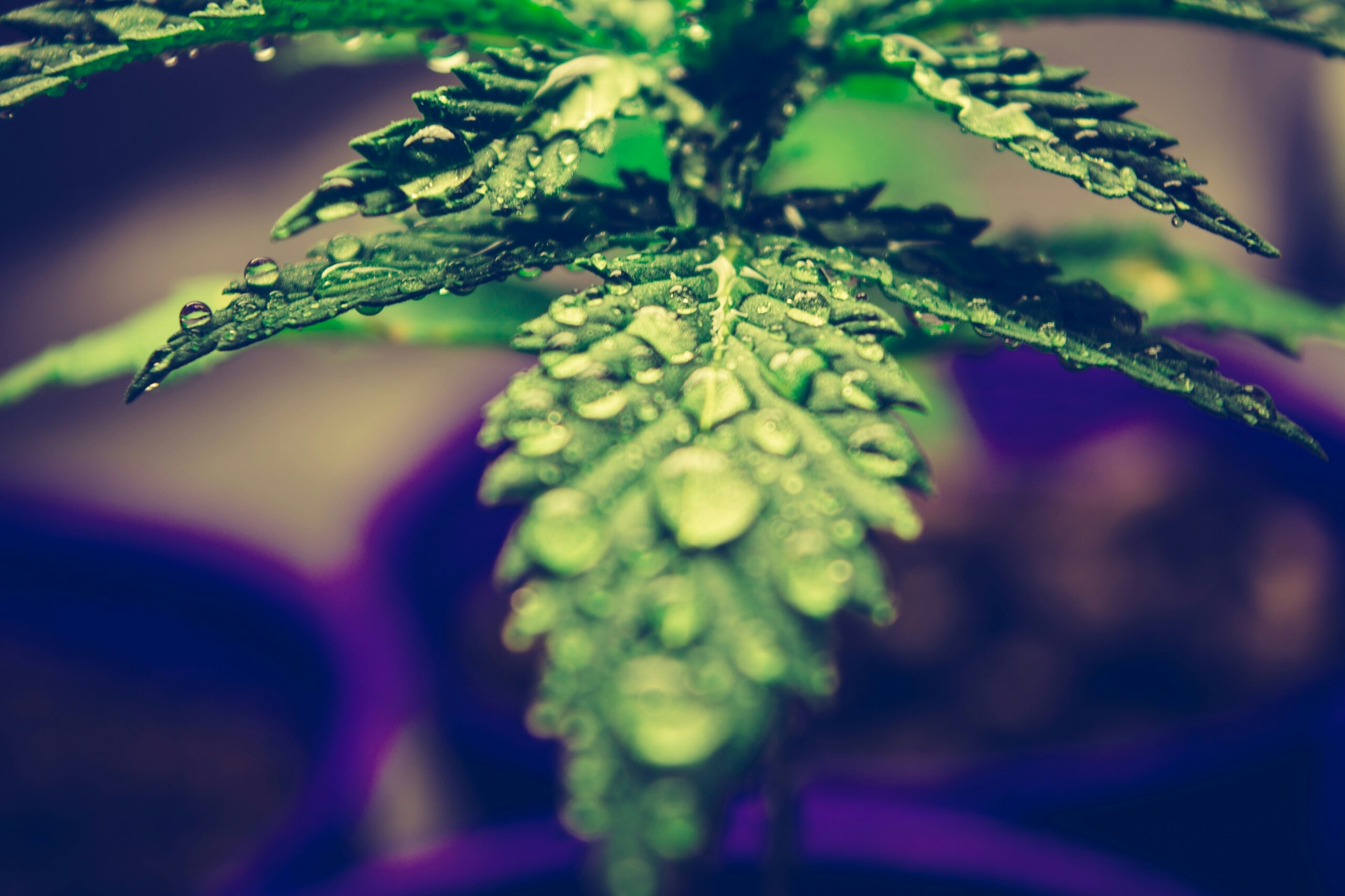Water quality plays a pivotal role in the cultivation of cannabis, especially in the medicinal sector where purity and consistency are paramount. Cannabis cultivation relies heavily on water for plant growth, affecting everything from crop yield and quality to the overall health of the plants. This article explores the significance of water quality in cannabis cultivation and highlights why water engineers are indispensable in ensuring the safety and efficacy of medicinal cannabis.
The Impact of Water Quality on Cannabis Growth and Yield
Cannabis plants require high-quality water to achieve optimal growth and yield. Water is essential for various physiological processes, including nutrient uptake, photosynthesis, and cell growth. The quality of water directly influences these processes, with impurities potentially leading to suboptimal plant development. Without proper engineering, contaminants such as heavy metals, pesticides, and pathogens in the water can accumulate in the plants, adversely affecting their health and safety.
1. Nutrient Uptake and Growth: Water quality affects the availability and absorption of nutrients by cannabis plants. Poor water quality, characterised by high levels of contaminants or imbalances in pH and nutrient concentrations, can hinder the plant’s ability to take up essential nutrients. This can result in deficiencies or toxicities that impair plant growth and reduce yield. Conversely, clean and well-balanced water promotes robust growth, leading to healthier plants and higher-quality yields. (Timmons, M. (2022, August 15)
2. Disease and Pest Management: Contaminated water can introduce pathogens and pests into the growing environment. Pathogens such as fungi, bacteria, and viruses can proliferate in water, leading to infections that compromise plant health. Effective water management helps prevent the spread of these pathogens, reducing the risk of disease outbreaks and minimising the need for chemical interventions. (Punja, K. 2024)
3. Electrical Conductivity (EC): Effective water management is crucial for maintaining appropriate EC levels. Contaminants in water, such as salts or heavy metals, can alter the EC and impact plant health. Using purified or filtered water helps minimize these contaminants and allows for more accurate control of nutrient concentrations. Additionally, adjusting water pH in conjunction with EC ensures that nutrients are available in the correct forms for plant uptake. (Whipker, B., Smith, J. T., Cockson, P., & Landis, H. 2019)
Water Quality and Medicinal Cannabis: Ensuring Safety and Compliance
In the medicinal cannabis industry, water quality takes on an even greater importance due to the potential health impacts of contaminants. Medicinal cannabis is used by patients for various therapeutic purposes, and any impurities in the final product can have significant health implications.
1. Health Implications: Cannabis plants have a high affinity for absorbing contaminants from the soil and water. The cannabis plant possesses such an ability to absorb contaminants deep within the soil – that Industrial hemp is commonly used for phytoremediation purposes.(Placido and Lee 2022). Heavy metals such as lead, arsenic, and cadmium, as well as chemical residues from pesticides and solvents, can accumulate in the plant tissues. When consumed, these contaminants can pose serious health risks to patients. Ensuring that water used in cultivation is free from these contaminants is essential for producing safe medicinal cannabis.
2. Regulatory Compliance: Medicinal cannabis is subject to stringent testing and quality control standards. Regulatory agencies require that cannabis products meet specific criteria for contaminants, including those originating from water. Failure to meet these standards can result in the rejection of products, legal repercussions, and damage to a company’s reputation. Therefore, maintaining high water quality is crucial for compliance with regulatory requirements and ensuring the safety of medicinal products.
Please refer to your local governing body for current testing parameters and guidelines.
The Critical Importance of Water Engineering in Cannabis Cultivation
Given the critical importance of water quality in cannabis cultivation, particularly in the medicinal sector, the expertise of water engineers is invaluable. Water engineers specialise in designing, implementing, and managing water treatment systems that ensure the purity and safety of water used in cultivation.
1. Designing and Implementing Water Treatment Systems: Water engineers are adept at designing and installing advanced water treatment systems tailored to the specific needs of cannabis cultivation. These systems typically include reverse osmosis (RO) filters, activated carbon filters, and UV sterilization units. By selecting, configuring and monitoring the appropriate technologies, water engineers ensure that water is free from contaminants and meets the required quality standards.
2. Monitoring and Maintenance: Regular monitoring and maintenance of water treatment systems are essential to ensure their continued effectiveness. Water engineers conduct routine inspections, perform quality tests, and address any issues that arise. This proactive approach helps prevent potential problems before they impact plant health and product safety.
3. Optimisation and Sustainability: Water engineers play a pivotal role in implementing comprehensive water management strategies, including water recycling, rainwater harvesting, and advanced filtration systems. These practices help to minimise the consumption of freshwater resources and reduce the environmental impact of cannabis farming. By integrating these sustainable practices, water engineers support the development of more environmentally responsible cultivation methods, contributing to the overall sustainability of the industry.
Tackling High Water Demands in Cultivation
Cannabis cultivation is notably water-intensive compared to many other forms of agriculture. The high-water requirements are due to the plant’s need for substantial amounts of water for nutrient uptake, growth, and flowering stages. Effective water management is therefore essential to ensure that cannabis cultivation is sustainable. Water engineers are adept in implementing practices such as precision irrigation and advanced climate control, which are crucial for reducing environmental impacts associated with water use. (Zheng, Fields and Yang 2021)
Conclusion
Water quality is a fundamental aspect of cannabis cultivation, with significant implications for plant health, yield, and product safety. In the medicinal cannabis sector, where purity and regulatory compliance are critical, the role of water engineers becomes even more vital. Their expertise in designing, managing and monitoring water treatment systems ensures that water used in cultivation is clean, safe, and compliant with industry standards. Additionally, water engineers contribute to sustainability by implementing water-efficient practices and technologies, which help reduce overall water consumption and minimise environmental impacts. As the cannabis industry continues to evolve, the contributions of water engineers will remain essential in supporting the growth of healthy, high-quality medicinal cannabis, safeguarding patient health, and promoting environmental and product sustainability.
SEEP Engineering is adept at all aspects of water engineering in cannabis cultivation. For more personalised information or for hydroponic system design, please contact us.
References
Timmons, M. (2022, August 15). The importance of water quality in marijuana growing. US Water Systems. https://uswatersystems.com/blogs/blog/the-importance-of-water-quality-in-marijuana-growing?srsltid=AfmBOorEUbGezZwz13luMgg4YqaI73YmAEMiRRPrlVAVzVpFMuCFnL-f
Punja, K. (2024). Cannabis sativa: Advances in biology and cultivation. Plants, 13(6), 786. https://doi.org/10.3390/plants13060786
Whipker, B., Smith, J. T., Cockson, P., & Landis, H. (2019). Optimizing electrical conductivity (EC) in cannabis cultivation. Cannabis Business Times. https://www.cannabisbusinesstimes.com/article/optimizing-electrcal-conductivity-ec/
Placido, D. F., & Lee, C. C. (2022). Potential of industrial hemp for phytoremediation of heavy metals. Plants (Basel). https://www.ncbi.nlm.nih.gov/pmc/articles/PMC8912475/
Zheng, Z., Fields, K., & Yang, L. (2021). A narrative review on environmental impacts of cannabis cultivation. Journal of Cannabis Research. https://www.ncbi.nlm.nih.gov/pmc/articles/PMC8349047/



